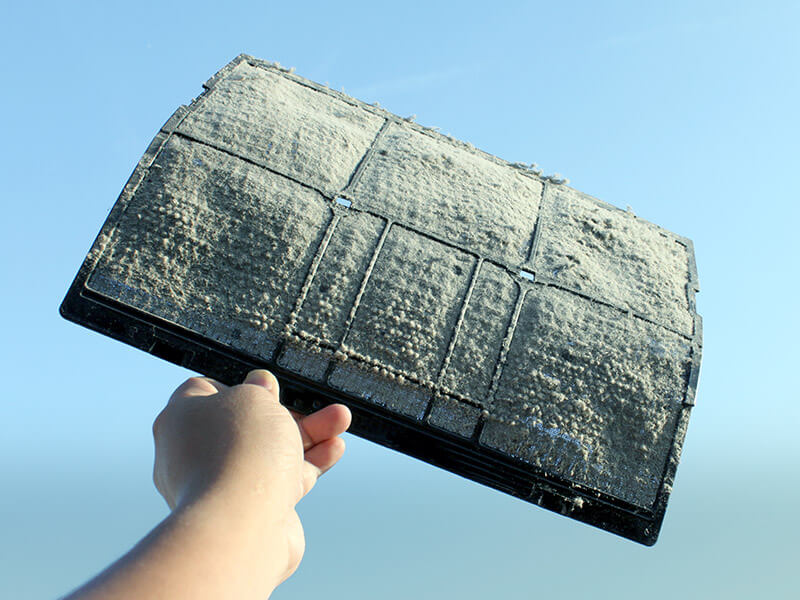A more efficient heat pump in your home will reduce your heating and cooling costs. Read below to learn about four factors to impact your system’s efficiency.
Aging Heat Pump
Heat pumps have a lifespan of about 10 to 15 years, and your system becomes less efficient toward the end of it. It may be time for you to upgrade to a more efficient model. Today’s high-efficiency heat pumps may save you up to 20% on heating and cooling costs. A newer model is much more efficient than an older model.
Frequent Thermostat Changes
As chillier days become more frequent, it’s tempting to crank the thermostat up to feel comfortable, but this won’t heat your home any faster. However, it’ll use a lot of energy, especially if your heat pump has an auxiliary electric heat backup. Setting your thermostat to a comfortable temperature and leaving it alone is much more efficient, and you’ll see savings in your utility bills.
Dirty Air Filters
Air filters catch dust, dirt and other debris before these tiny particles can recirculate through your home. When the filter gets dirty and clogs, your system has to work harder, just like you would have to work harder to breathe through a straw. Changing or cleaning your air filters at least every three months can reduce your electricity costs because your system will be more efficient.
Heat Pump Maintenance
Unlike air conditioners and furnaces, heat pumps run year-round to keep your home comfortable. After a single winter or summer, a heat pump accumulates enough strain to reduce its efficiency for the next season. Bi-annual heat pump maintenance will lower your energy bills, and while the service technician is visiting, they will fix any minor problems before they turn into big ones, saving you money on repair costs as well.
Contact Rocket Cooling today if you’re considering upgrading your heat pump or need to schedule maintenance. You can also count on us for 24/7 emergency repairs.
Image provided by iStock
